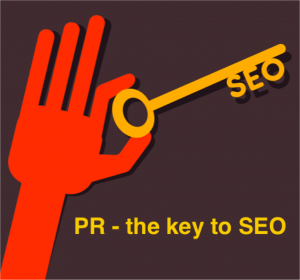
In this age of content marketing, search marketing and digital storytelling, it is perhaps easy to overlook the value of ‘traditional’ technology PR . Especially when customers and prospects face being overloaded with information as an increasing number of companies look to tell their brand stories and promote their technologies and services through the creation of more and more content.
The content overload problem has been exacerbated by recent Google updates encouraging organisations to produce more content that is shared, rather than blindly searching for links.
While high-quality ‘own-brand’ content is still incredibly valuable, customers and prospects also seek validation and often look for a third party endorsement in the form of ‘earned’ media – for example the type of content that has been written or vetted by third party editors of printed and/or online trade media outlets.
Research conducted by Nielsen has shown that consumers trust articles from independent, credible media more than captive branded content when making purchasing decisions.
Most importantly, the research showed that brands that actively engage in media outreach tend to see a greater impact at all stages of the purchase process when compared to brands that primarily rely on content marketing using just own-brand media.
Until earlier this week, the common consensus was that while technology PR was a great tool for building credibility and strengthening brands, unless an article linked back to the company website it was no good for SEO.
Technology PR = SEO?
The need for discrete links has now been blown out of the water by the latest patent granted to Google. US Patent 8,682,892 was granted to Google inventors Navneet Panda and Vladimir Ofitserov on 25th March and describes, amongst other things, how citations could be considered as implied links, whether or not a discrete hyperlink to a company site is included in a webpage.
The Patent states that: “an implied link is a reference to a target resource, e.g., a citation to the target resource, which is included in a source resource but is not an express link to the target resource. Thus, a resource in the group can be the target of an implied link without a user being able to navigate to the resource by following the implied link.”
There is a great analysis of the full patent by Christopher Penn on the Business 2 Community website , but if you want to skip the ‘science bit’ read on below.
The really important take-home message is that Google is now acknowledging that if an authoritative site such as a newspaper or trade magazine mentions a company in relation to a subject, this will count as much towards that company’s search engine results as a specific hyperlink.
So if you really want to maximise your company’s chances of being found and recognised as an authority in a particular area, you need to combine a traditional PR programme with a content marketing programme designed to boost SEO and generate leads.
By:Mattwilkinson
